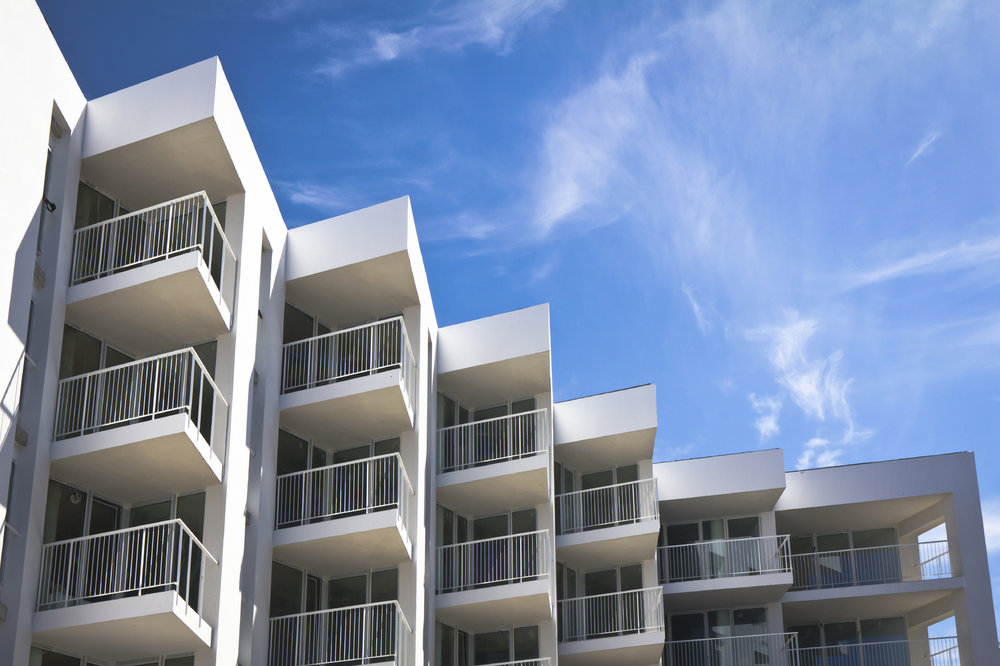Optimizing WiFi Functionality and Reliability in Residential Buildings for Improved Tenant Satisfaction
Wiki Article
Within multi-dwelling dwellings (MDUs), such as apartment complexes and condo complexes, tenants frequently face challenges related to WiFi performance and reliability. As an increasing number of people rely on the internet for employment, learning, and entertainment, ensuring that occupants have availability to a strong and consistent WiFi link becomes essential. Weak WiFi signals can result in frustration, decreased efficiency, and general dissatisfaction among residents. Consequently, building managers and landlords must understand how to enhance WiFi performance to improve tenant satisfaction.
One of the first, actions in improving WiFi functionality in MDUs is to conduct a comprehensive site assessment. This assessment aids identify areas with weak signals and possible sources of interference, like dense walls or digital devices. Through comprehending the design of the structure and the particular needs of residents, building managers can make informed choices about the location of access points. Careful placement of these units can assist ensure that WiFi service is solid and reliable throughout the complex, enabling occupants to link easily from their apartments.
A further crucial factor in enhancing WiFi discover this functionality is selecting the appropriate equipment. Premium routers and access points designed for high-density environments can significantly improve WiFi functionality. These devices are designed to handle multiple links at once, rendering them ideal for the demands of an MDU. Additionally, implementing a system that operates on both the 2.4 GHz and 5 GHz frequencies can offer residents with improved choices for connection. The 2.4 GHz band covers a broader area but may be slower, while the 5 GHz band offers quicker speeds across shorter distances, review aiding helpful site to equalize performance and coverage.
Routine maintenance and upgrades play a crucial role in maintaining bulk internet connectivity options WiFi dependability. Building managers should schedule routine checks on equipment to verify it is operating correctly. This entails refreshing firmware and software to improve performance and safety. Additionally, tracking internet load can help identify any problems before they become significant problems. Through proactively managing the WiFi network, building managers can ensure that tenants enjoy fewer disruptions and a more reliable connection.

Lastly, dialogue with tenants is vital for enhancing WiFi performance in MDUs. Offering clear information about how to link to the internet, as well as advice for improving personal device links, can empower occupants to enhance their own satisfaction. Additionally, building managers should invite input from residents about WiFi performance. This information can be extremely useful in detecting areas for improvement and making certain that the WiFi network continues to meet the evolving needs of the residential area. By concentrating on these strategies, property managers can foster a better living environment that promotes resident satisfaction through trustworthy and effective WiFi connectivity.